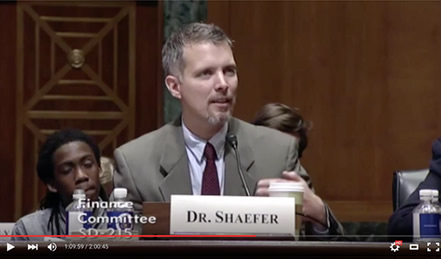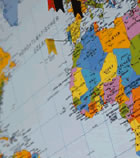|
Is this email not displaying correctly? View it in your browser. |
November 13, 2015 |


Axelrod, Lantz, Leahy, and other top faculty to teach new electives
New faculty and those returning from high-profile DC service will teach a number of electives this winter in population health policy, public sector economics, social policy making through the executive branch, cyber conflict, and other topics. more »
"Why financial aid is broken and a simple solution to fix it," TEDx Talk by Sue Dynarski
On October 20, Susan Dynarski delivered a powerful talk at TEDxIndianapolis. The focus? Dynarski’s simple and cost-effective strategy for dramatically reducing a significant roadblock to college for low-income and first-generation students. more »
U-M, Ford School committed to grappling with diversity, equity, and inclusion
An ability to grapple with challenging issues—around race, around gender, around all types of difference—should be a key part of the professional education for aspiring policymakers. more »
Luke Shaefer testifies on poverty before U.S. Senate Finance Committee

Luke Shaefer testified on October 29 in a Senate hearing on welfare and poverty in America. Shaefer offered recommendations for reforming safety net programs (such as TANF) and provided insight into poverty in America.
When asked to provide a single recommendation for what Congress could do to begin to address poverty domestically, Shaefer said, "I would make a concerted effort to increase economic opportunity at the very bottom. I would see if we could make the next generation a jobs generation. And I think these types of initiatives should probably be place-based...and can be done through public-private partnerships." Watch Shaefer’s testimony.
HEADLINES
"Let’s give proven practices time to work before we start experimenting on kids by forcing them to repeat third grade." Brian Jacob, in a Detroit News op-ed on why mandatory retention of students who score poorly on state standardized tests is a bad idea.
"The location of retiring (nuclear) plants matters a great deal for CO2 emissions. In regions with cap-and-trade, nuclear retirements will likely raise power prices, but have little short-term effect on emissions, while regions without cap-and-trade are likely to see their CO2 emissions rise if and when plants close." Dan Raimi post in The Conversation, syndicated in Fortune and Blue Nation Review.

Ford School graduates at work
The policy interests of Ford School students and alumni are diverse— they're local and global, corporate and not-for-profit, educational and economic.
Insight to action: the Ford School faculty
Poverty and economic development. Health and human security. Energy and the environment. Alongside their critical work as teachers and mentors, Ford School faculty members are nationally and internationally recognized experts in these and other vitally important policy areas. Learn more about our faculty.
|
Gerald R. Ford School of Public Policy | Contact us 
|